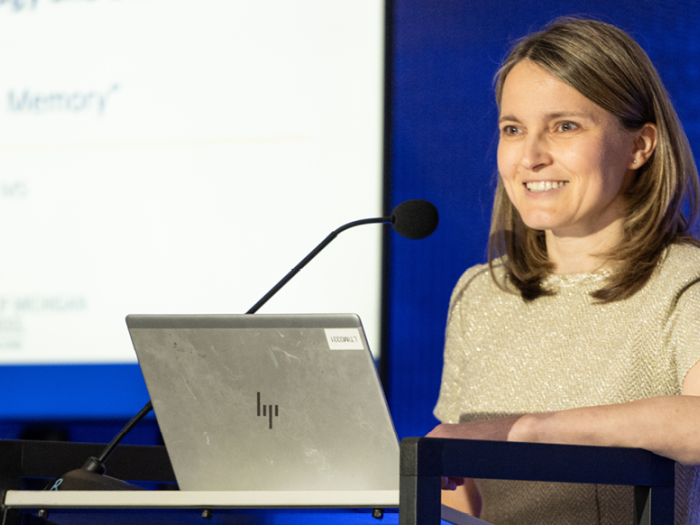Dr. Holinstat recently received licensing of the compound he invented for targeting the prostacyclin receptor (CS585). Cereno Scientific has licensed the compound from the University of Michigan and continues to work with Dr. Holinstat’s lab through ORSP to develop their key pre-clinical assets.
Cereno Scientific (XSAT: CRNO B) today announced that the company has signed a license agreement for the drug candidate CS585 with the University of Michigan. The signed agreement provides Cereno the exclusive rights to CS585 for further clinical development and commercialization. Cereno also extends the preclinical collaboration agreements it has with UoM for the two programs CS585 and CS014.
“We are pleased to enter this licensing agreement with the University of Michigan. It is a great fit with our growth strategy and provides value to our portfolio within pulmonary arterial hypertension (PAH) and thrombosis. The extension of our preclinical collaboration agreements with UoM are based on a fruitful outcome of ongoing 24-month programs signed in the spring of 2021,” says Sten R. Sörensen, CEO at Cereno.
CS585 is a potent prostacyclin receptor agonist which is highly selective for the receptor. Preclinical studies in animals with oral and intravenous doses of the drug candidate demonstrate sustained prevention of thrombosis without an increased bleeding risk. The potential of the molecule is currently being explored in several cardiovascular indications.
“The drug candidate has provided promising data, and I look forward to continue the preclinical development program for CS585, together with Cereno,” says Dr. Michael Holinstat, lead of Cereno’s development programs at University of Michigan and Director of Translational Research at Cereno.
The University of Michigan is a top-ranked public research university with one of the largest annual collegiate research budgets of any university in the US. Over $1.6 billion is spent on research and development annually across its 2.8 million square feet of laboratory space. The university has 6,200 faculty members and roughly 38,000 employees.
For further information, please contact:
Josefine Göranson, Head of IR & Communication
Email: [email protected]
http://www.cerenoscientific.com/
About Cereno Scientific AB
Cereno Scientific is a clinical-stage biotech company within cardiovascular diseases. The lead drug candidate, CS1, is a Phase II candidate in development for the treatment of the rare disease pulmonary arterial hypertension (PAH). CS1 is an HDAC (histone deacetylase) inhibitor that acts as an epigenetic modulator with pressure-reducing, reverse-remodeling, anti-inflammatory, anti-fibrotic and anti-thrombotic properties, all relevant for PAH. A clinical Phase II study is ongoing to evaluate CS1’s safety, tolerability, and efficacy in patients with PAH. A collaboration agreement with global healthcare company Abbott allows Cereno to use their cutting-edge technology CardioMEMS HF System in the study. Cereno also has two promising preclinical drug candidates in development for cardiovascular disease through research collaborations with the University of Michigan. Drug candidate CS014 is a novel HDAC inhibitor with epigenetic effects, selected for prevention of thrombosis as target indication. In preclinical studies it has been documented to regulate platelet activity, fibrinolysis and clot stability for prevention of thrombosis without increased risk of bleeding. Thrombosis prevention in venous or arterial and cardiovascular disease has been selected as the first indication area for CS014. Drug candidate CS585 is a stable, selective, and potent prostacyclin receptor agonist. It has been documented in preclinical studies to target the IP receptor for prevention of thrombosis without increased risk of bleeding. The company is headquartered in Gothenburg, Sweden, and has a US subsidiary Cereno Scientific Inc. based in Kendall Square in Boston, Massachusetts, US. Cereno is listed on the Swedish Spotlight Stock Market (CRNO B). More information on www.cerenoscientific.com.

Professor





